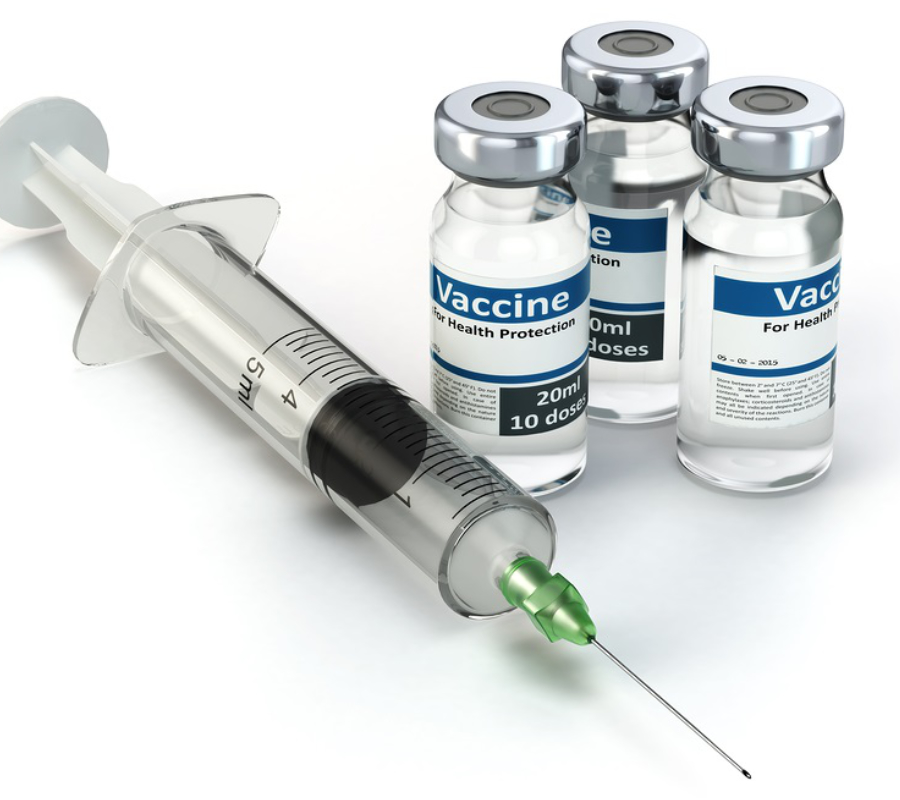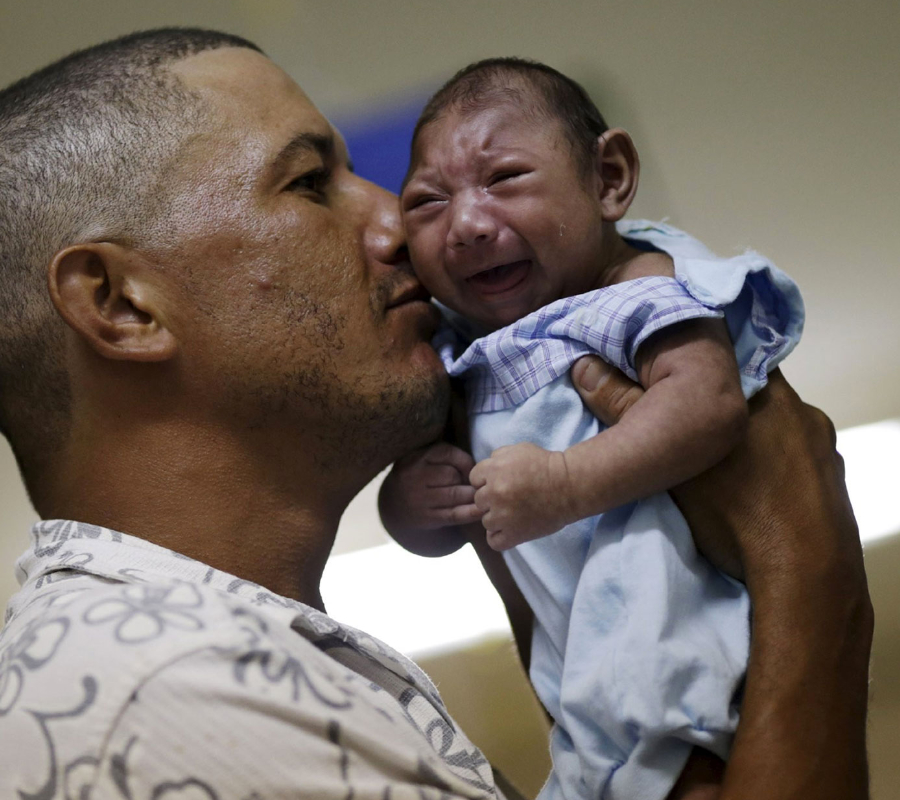The Biomedical Advanced Research and Development Authority (BARDA) is giving Sanofi $43.18 million to fund the manufacture of a Zika vaccine. The U.S. funds will be used to create and produce an inactivated Zika vaccine for phase II development.
Sanofi’s vaccines global business unit, Sanofi Pasteur, announced Monday BARDA is going to fund their phase II trials to develop a vaccine to prevent Zika virus. The U.S. funding intends to accelerate the final product to eradicate the virus and its consequences as soon as possible, but even with the $43 million, the vaccine has a long way to go. BARDA is within the Office of the Assistant Secretary for Preparedness and Response in the U.S Department of Health and Human Services.

Sanofi stated they hope to start the trials in the first half of 2018. The fund comes with a contract that establishes that the laboratory has to get through phase II by June 2022. If Sanofi Pasteur —a unit dedicated exclusively to develop vaccines— obtains positive results from this phase, the U.S. will give the company an option for more than $130 million to continue with the research.
The additional $130.45 million will be invested in late-stage trials necessary for eventual approval. The late stages of the trial could take another six years and even then, the company would have to wait for approval. The Zika vaccine, although it seems to be close to being sold in drugstores, is a long shot.
Sanofi might be the right candidate for developing a Zika vaccine
Sanofi Pasteur announced in July 2016 that the company was working on a Cooperative Research and Development Agreement with Walter Reed Army Institute of Research, WRAIR. The partnership seeks to co-develop a Zika vaccine candidate, and BARDA funds aim to take WRAIR’s advance to phase II.
The institute has developed a Zika purified inactivated virus, ZPIV vaccine and wants it to make it to phase II. Once the money is available for researchers, scientists will manufacture it, and characterization of the vaccine will start. WRAIR will also optimize the upstream of the process of the vaccine to improve production yields, according to Nasdaq.

Sanofi is a French multinational pharmaceutical company founded in 2004. Sanofi Pasteur is its vaccine division, and it is the largest unit in the world dedicated entirely to vaccines. Zika is a flavivirus and Sanofi Pasteur already has approved vaccines for other types of this virus such as yellow fever, dengue, and Japanese encephalitis.
Earlier this month BARDA also funded a Japanese drugmaker: Takeda Pharmaceutical Co. The United States gave the company $20 million in initial funding to also develop a Zika vaccine. The Zika virus has now spread to many parts of the globe, affecting unborn babies and adults.
The U.S Department of Health and Human Services, released in September at least $433 million in repurposed funds to support Zika response and preparedness activities, Reuters reports.
The World Health Organization considers Zika a global threat and is also working to prevent the spread of the virus. People should avoid tropical places where Aedes Mosquitoes are popular and use protection when engaging in sexual relationships. The symptoms can last for 2-7 days and include mild fever, conjunctivitis, skin rash, muscle and joint pain and headache.
Source: Reuters
